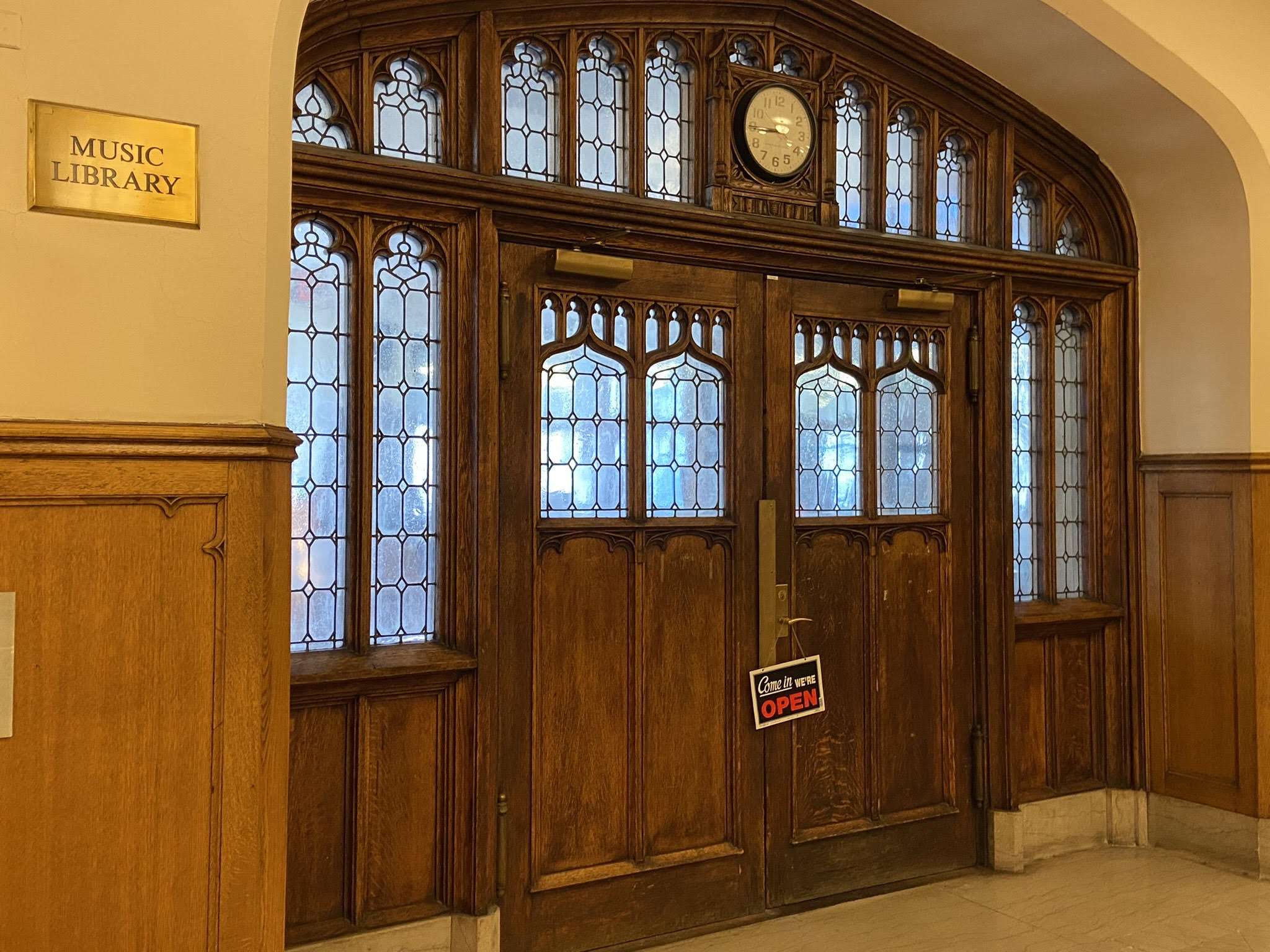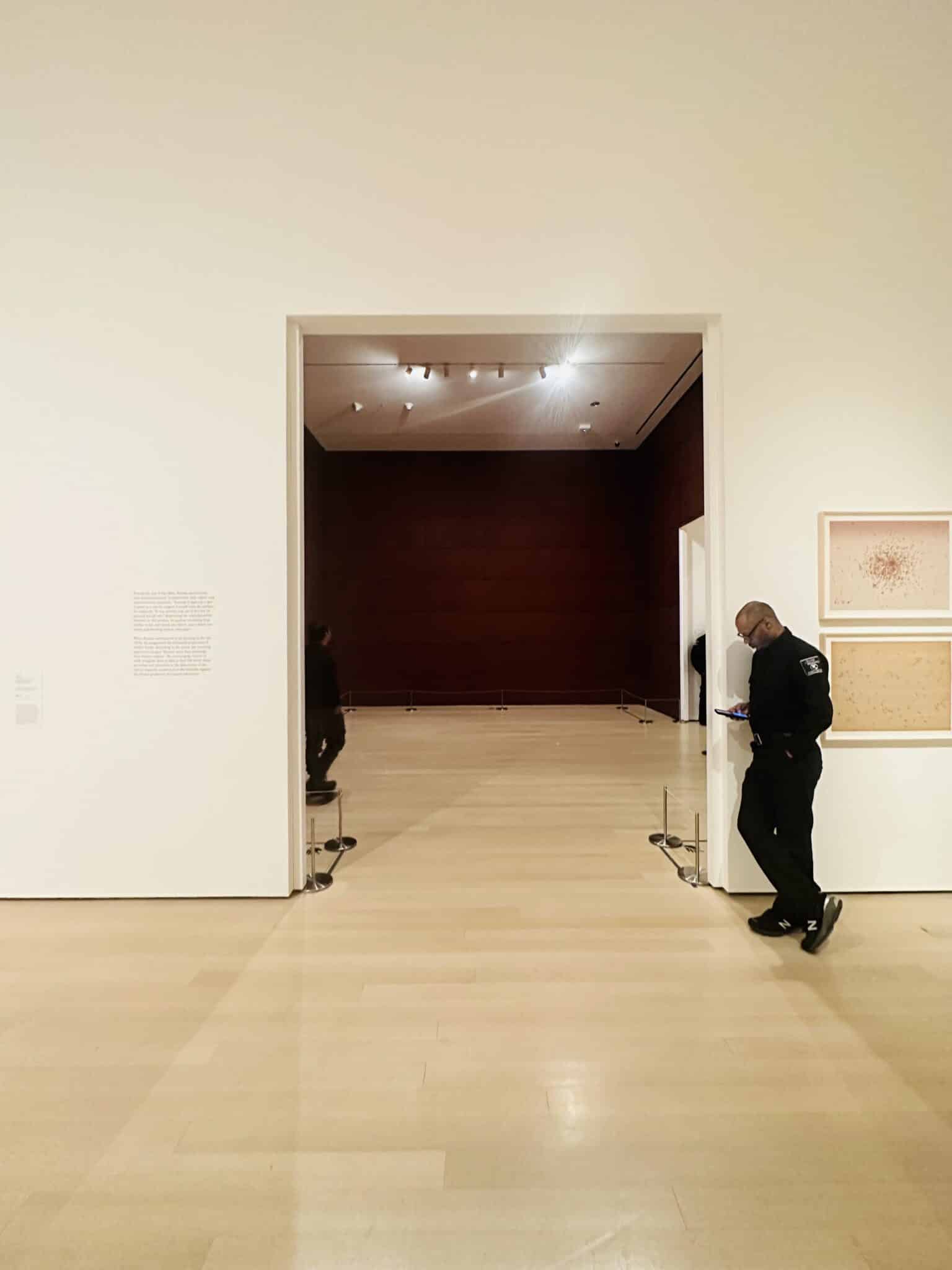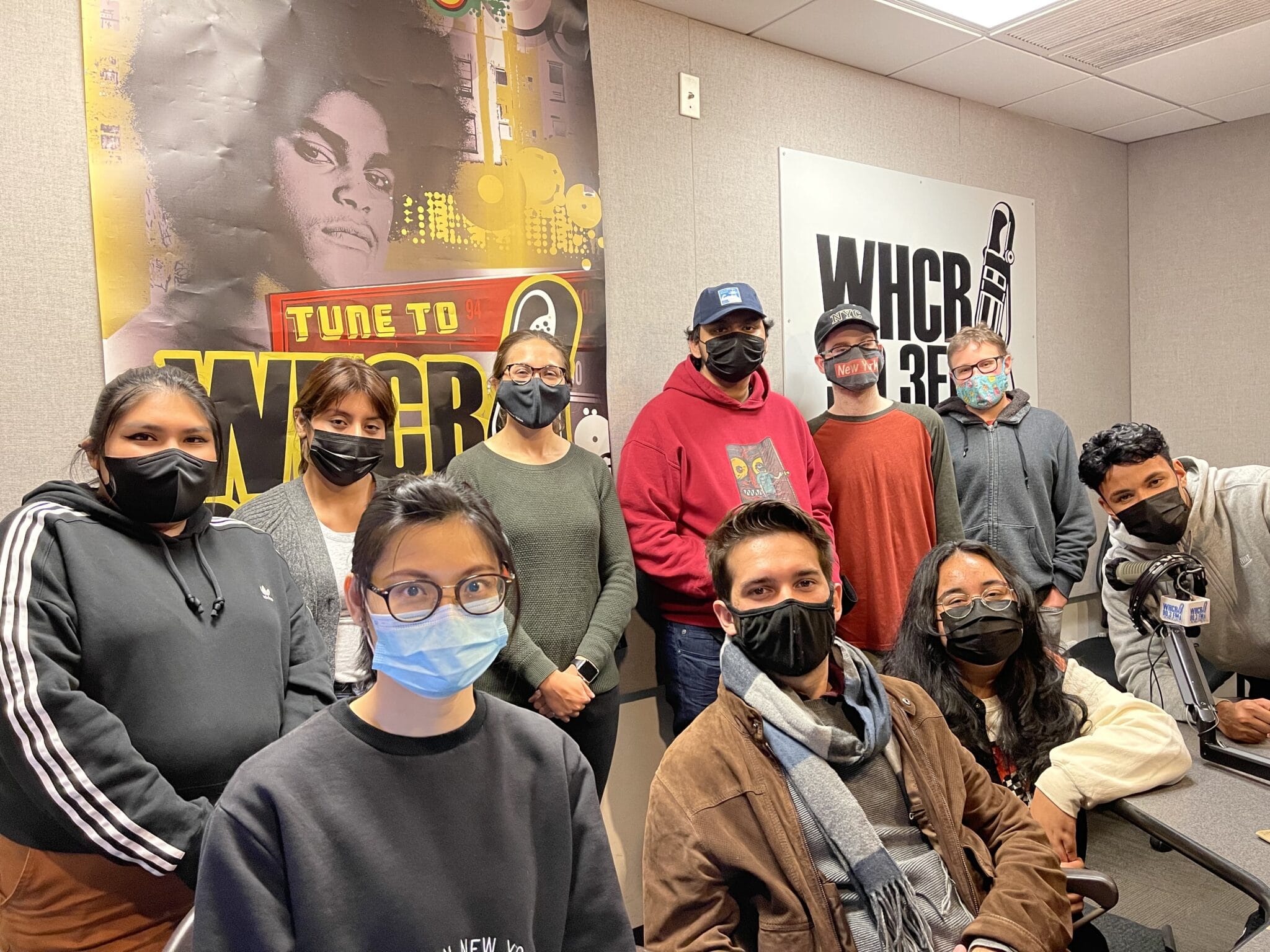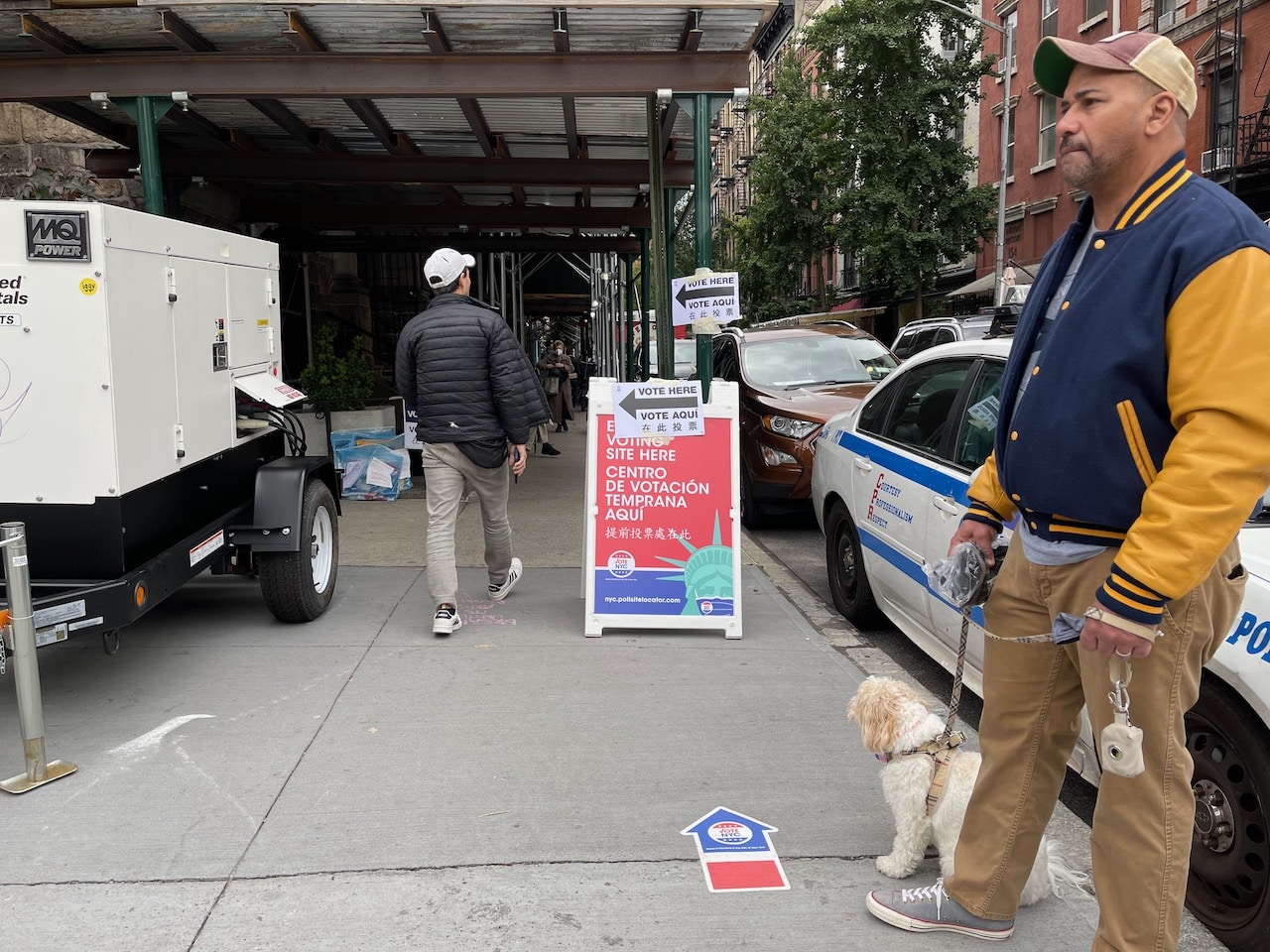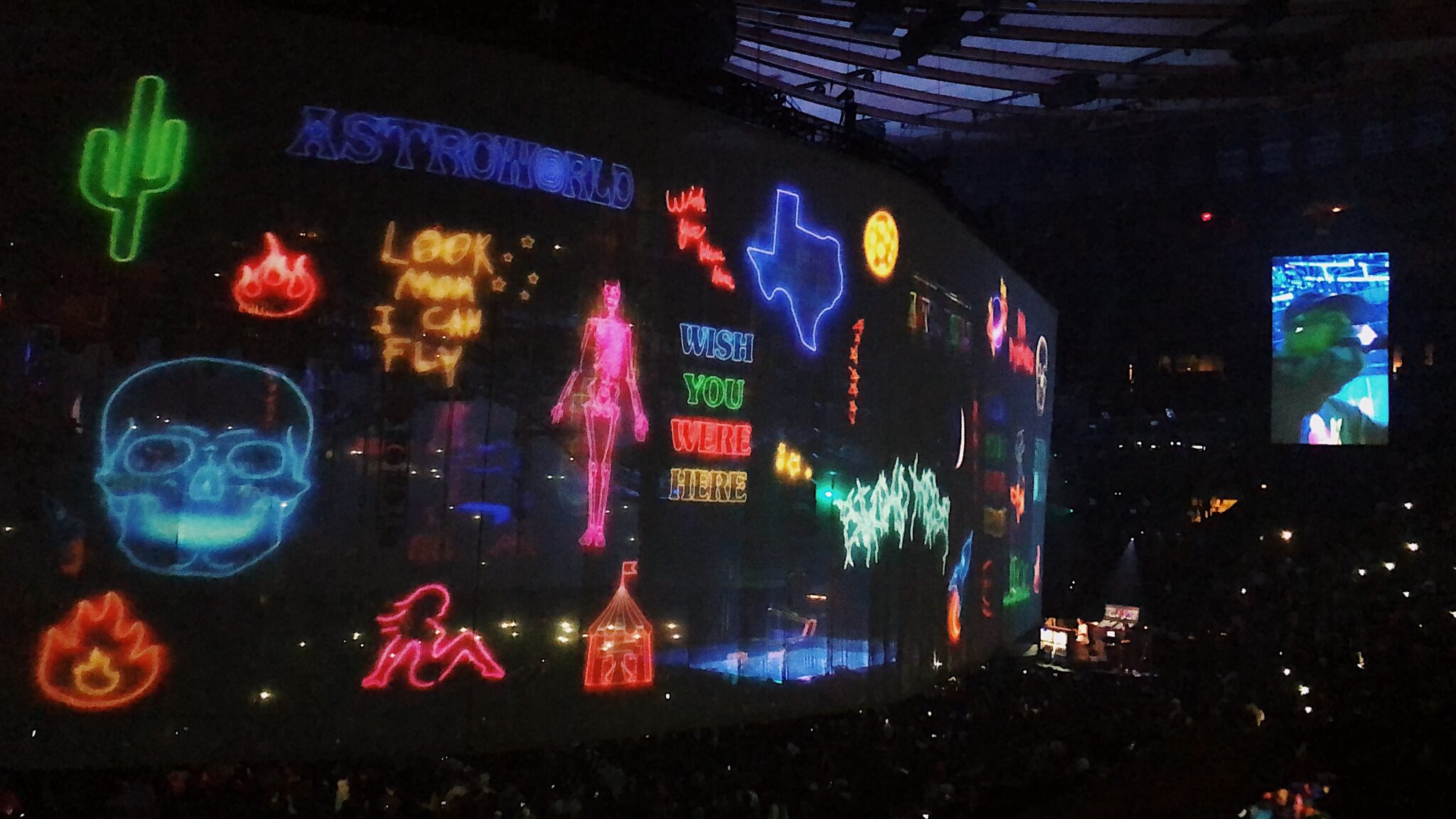The CCNY Music Library is a serene study space for any City College student searching for a quiet area to focus or looking to learn about music.
When you walk through the doors of the music library in Shepard Hall, you step into a peaceful atmosphere with bright sunlight flooding into the small, quaint area. The high gothic windows, the wooden trim, and a mural depicting men and women from the time the college was founded is painted on the wall above the doors creating a unique and intimate space. Although the music library at The City College of New York (CCNY) doesn’t have a special name, it is a special library.
You can find it on Shepard Hall’s main floor near the front door. The library has two levels with tables and private desks that wrap around each floor in a half-circle. The upper level mostly caters to students who need to study, print, listen to music or watch a video, while the lower level is a good place to browse. Both floors are equipped with areas for listening to tapes, records, DVDs, and group studying. In the downstairs lab, students can also learn how to play instruments using software on the computers and seasoned musicians can work on original compositions.
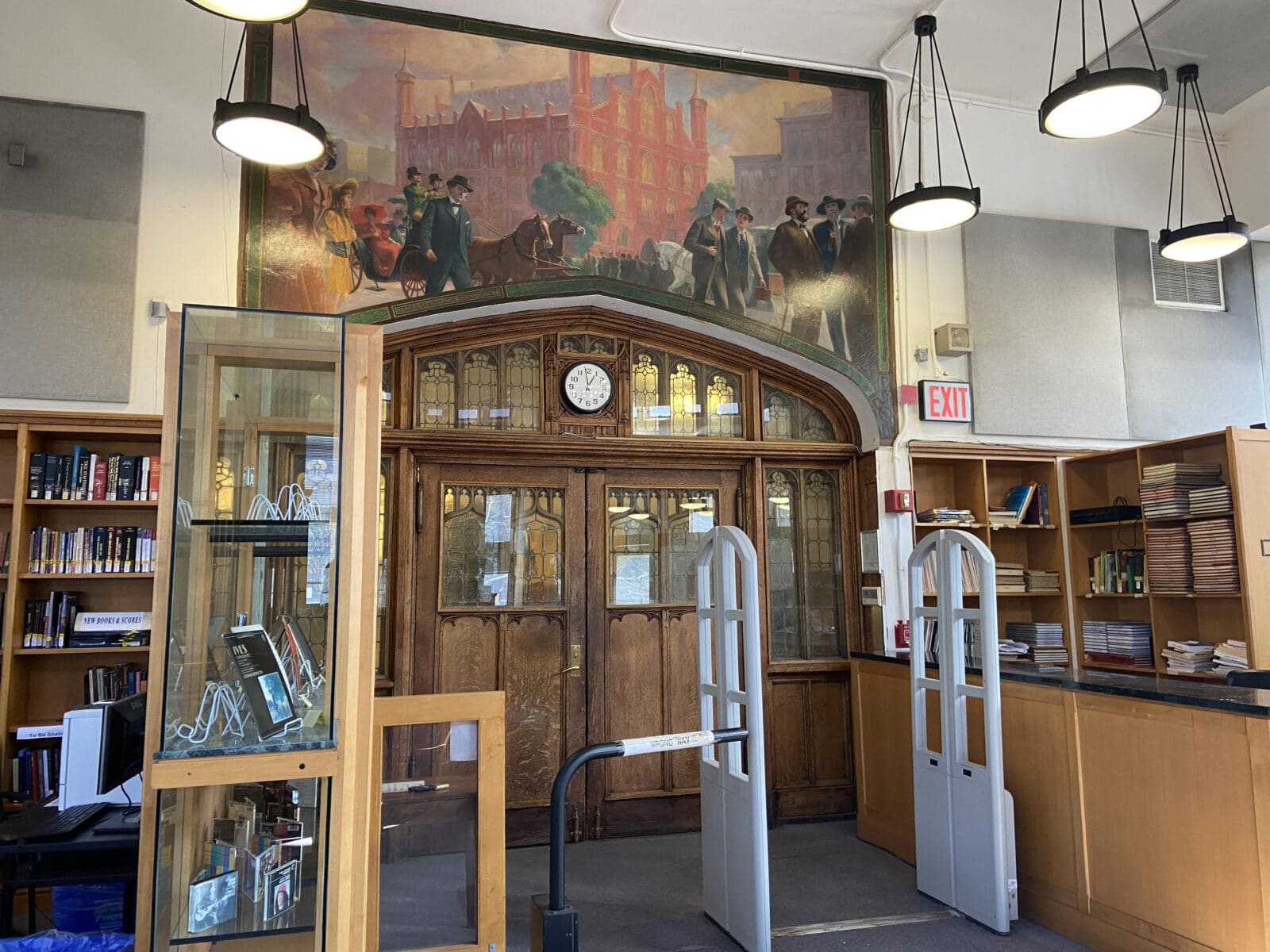
The library and the Music Department have rich histories. American composer, Mark Brunswick established the music department at City College in 1946 and ran it until 1965. “Brunswick was an American composer who studied extensively in Europe. He understood the importance of setting up a separate library to support students studying music. He went even further and donated around 2,500 scores and 200 books to help establish the music library in the late 1940s,” said the music librarian, Michael Crowley.
Many students like the peaceful environment and Crowley thinks of the library as a serene oasis. “The main level of the library is known for being one of the quieter spaces on campus, and I think our patrons really appreciate having a space dedicated to support focused study and contemplation,” said Crowley. “We also have a group study area in the lower level, as well as two digital music labs where students can compose music and practice their ear-training skills.”
Today, the library contains over 17,000 scores, 12,000 books, 15,000 sound recordings and video recordings and Crowley continues to receive valuable donations, many of which are donated by former faculty or alumni. One collection of records from a jazz club in the Village called “Sweet Basil”, was donated by an alumnus who was one of the club’s owners in the ‘80s.
“One of the most prominent collections online is an oral history collection that includes about 250 interviews from African American jazz musicians, dancers, writers, and playwrights. Each one talks about their success and the difficulties they had as a Black person trying to make a living as an artist in America in the mid-20th century. This collection has a remarkably broad appeal to students and researchers from a wide range of academic disciplines.” Crowley said. He thinks a collection like this should appeal to people studying music, theater, Black Studies, history, sociology, and culture.
“Basically, because it is a special library, it primarily serves a smaller clientele rather than a general audience,” said Crowley. “That being said, all the libraries (including the music library) are for everyone. So, anyone who wants to visit, use the collection, or take advantage of the space is welcome.”
A lot of the material can also be found online and City College students can access DVDs, tutorials, performance recordings, sheet music, and musical scores for performances, practice, or research. Crowley works with the university’s archivists and the digital scholarship librarian to digitize old tapes and works and uploads them to a repository so that students can access them online.
Crowley is especially proud of the record collection. “The record collection is truly one of a kind, and would not be what it is without generous donations from retired music faculty like Elise Braun Barnett, Henrietta Yurchenco, and alum Mel Litoff,” Crowley said. “The diversity of the musical styles and artists found in the collection speaks directly to the high value the music department and the college places on championing historically underrepresented voices.”
The music library provides a great space for students to learn and try something new or for those searching for a study sanctuary. “My general attitude is that the library is for everybody and everybody is welcome. Even if it’s not what you’re studying, why not get into music a little bit? It’s good for you! It’s good for your body, mind and soul,” said Crowley. “I try to accommodate everybody who comes in and help them get the things they need to achieve their academic and creative goals.”
Tags: #Shepard Hall CCNY City College City College Music Department City College music major Music Collections Music Library The City College of New York
